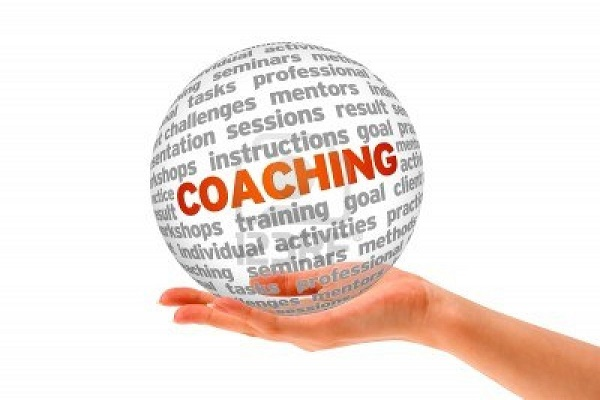ATD Blog
Coaching: The Real Deal
Tue Mar 03 2015

There are tons of coaching resources out there. It’s a booming business—and it has a right to be. Studies from the last 10 years have proven that coaching can lead to positive outcomes for individuals, teams, and organizations.
Coaching in the workplace can align leaders, managers, and staff with their organization’s envisioned future and help them achieve desired results. Studies confirm that coaching leads to improvement in interpersonal relationships, productivity, teamwork, confidence, emotional intelligence, and profit. It is quite energizing to discover a process that can powerfully influence both the human and business sides of organizations.
Certified Coaches
There are several requirements to become a certified coach—one recognized by the International Coach Foundation. Some of these requirements include:
successful completion of an accredited program
documented hours of paid coaching
completion of a Coach Knowledge Assessment.
This journey takes several years, thousands of dollars, and tireless dedication, and that’s the way it should be. This kind of schooling, demonstrated practice, and oversight is essential for coaching to credibly present itself as a skill-based, ethically bound profession.
Informal Coaches
Then there are people who are good coaches even though they are not formally credentialed. They might have years of experience as leaders and managers and advanced degrees in different human development fields, or they may have taken coaching workshops or learned higher levels of interpersonal relations. Although they are not certified, they can take part in internal coaching programs, instruct their teams in effective coaching strategies, and demonstrate coaching behaviors.
Dialogue Is Key
So what makes a good coach—whether that coach is professionally credentialed or a learning professional who has studied and adopted a coaching mindset? Or, said another way, what makes one coaching course significantly better than another? The answer: teaching and practice in dialogue.
Dialogue is the language of coaching. It is a presence, a way of listening and questioning that enables people to share assumptions and feelings in order to create a common pool of knowledge. Using the shared knowledge pool, all parties can cut through hidden agendas, talk straight, and move toward desired future scenarios.
Any coaching program that does not teach dialogue is merely providing participants with models and empty steps. Having models and steps without dialogue techniques is like having a recipe with undefined measurements: You know to put a teaspoon of salt into the mix, but you don’t know what a teaspoon is. Not very useful.
Coaches are supposed to ask questions of their coachees to help them develop their own solutions and insights, but how should they phrase those questions to create an appropriate learning space? That’s what a masterful coaching program will show you how to do.
Become a Coach
In the ATD Coaching Certificate workshop, we cover essential coaching steps and then give you the glue—the dialogue techniques—to tie the steps together so you can prepare for and conduct effective coaching conversations.
In addition—something unique about the ATD program—we provide participants with a model within a model. After listening to practitioners struggle with trying to jam traditional coaching steps into a typical one-hour coaching session, we developed the COACH process—an easy, yet effective way to move from a desired goal to choosing specific action steps within an hour-long session. It is easy and reinforced through clear dialogue techniques.
Whatever coaching courses you take to further your learning, be sure that they contain the concepts emphasized in this narrative: dialogue and clear competencies that will help you create and participate in effective coaching conversations. To learn and experience this firsthand be sure to attend and upcoming Coaching Certificate program.
You've Reached ATD Member-only Content
Become an ATD member to continue
Already a member?Sign In
